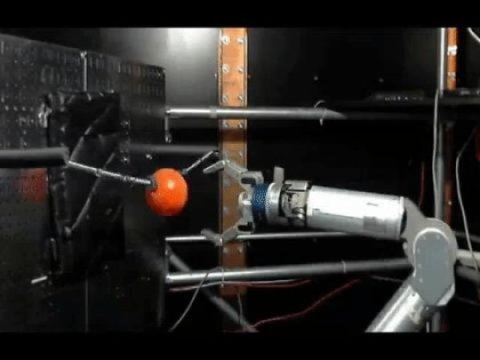
Breaking News
 Tucker shares 'backroom' info about brawl between him and Israel First crowd…
Tucker shares 'backroom' info about brawl between him and Israel First crowd…
 Why Isn't There a Cure for Alzheimer's Disease?
Why Isn't There a Cure for Alzheimer's Disease?
 US Government Revokes 80,000 Visas
US Government Revokes 80,000 Visas
 OpenAI CEO Sam Altman served legal papers during speech in dramatic on-stage ambush
OpenAI CEO Sam Altman served legal papers during speech in dramatic on-stage ambush
Top Tech News
 Goodbye, Cavities? Scientists Just Found a Way to Regrow Tooth Enamel
Goodbye, Cavities? Scientists Just Found a Way to Regrow Tooth Enamel
 Scientists Say They've Figured Out How to Transcribe Your Thoughts From an MRI Scan
Scientists Say They've Figured Out How to Transcribe Your Thoughts From an MRI Scan
 SanDisk stuffed 1 TB of storage into the smallest Type-C thumb drive ever
SanDisk stuffed 1 TB of storage into the smallest Type-C thumb drive ever
 Calling Dr. Grok. Can AI Do Better than Your Primary Physician?
Calling Dr. Grok. Can AI Do Better than Your Primary Physician?
 HUGE 32kWh LiFePO4 DIY Battery w/ 628Ah Cells! 90 Minute Build
HUGE 32kWh LiFePO4 DIY Battery w/ 628Ah Cells! 90 Minute Build
 What Has Bitcoin Become 17 Years After Satoshi Nakamoto Published The Whitepaper?
What Has Bitcoin Become 17 Years After Satoshi Nakamoto Published The Whitepaper?
 Japan just injected artificial blood into a human. No blood type needed. No refrigeration.
Japan just injected artificial blood into a human. No blood type needed. No refrigeration.
 The 6 Best LLM Tools To Run Models Locally
The 6 Best LLM Tools To Run Models Locally
 Testing My First Sodium-Ion Solar Battery
Testing My First Sodium-Ion Solar Battery
 A man once paralyzed from the waist down now stands on his own, not with machines or wires,...
A man once paralyzed from the waist down now stands on his own, not with machines or wires,...
Amputees can learn to control a robotic arm with their minds

The results show both areas can create new connections to learn how to control the device, even several years after an amputation.
A new study by neuroscientists at the University of Chicago shows how amputees can learn to control a robotic arm through electrodes implanted in the brain.
The research, published in Nature Communications, details changes that take place in both sides of the brain used to control the amputated limb and the remaining, intact limb. The results show both areas can create new connections to learn how to control the device, even several years after an amputation.
"That's the novel aspect to this study, seeing that chronic, long-term amputees can learn to control a robotic limb," said Nicho Hatsopoulos, PhD, professor of organismal biology and anatomy at UChicago and senior author of the study. "But what was also interesting was the brain's plasticity over long-term exposure, and seeing what happened to the connectivity of the network as they learned to control the device."



